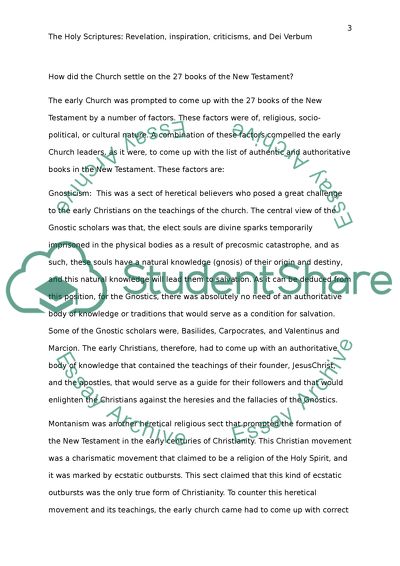Cite this document
(“Scripture Assignment Example | Topics and Well Written Essays - 2000 words”, n.d.)
Retrieved from https://studentshare.org/religion-and-theology/1474625-scripture
Retrieved from https://studentshare.org/religion-and-theology/1474625-scripture
(Scripture Assignment Example | Topics and Well Written Essays - 2000 Words)
https://studentshare.org/religion-and-theology/1474625-scripture.
https://studentshare.org/religion-and-theology/1474625-scripture.
“Scripture Assignment Example | Topics and Well Written Essays - 2000 Words”, n.d. https://studentshare.org/religion-and-theology/1474625-scripture.


